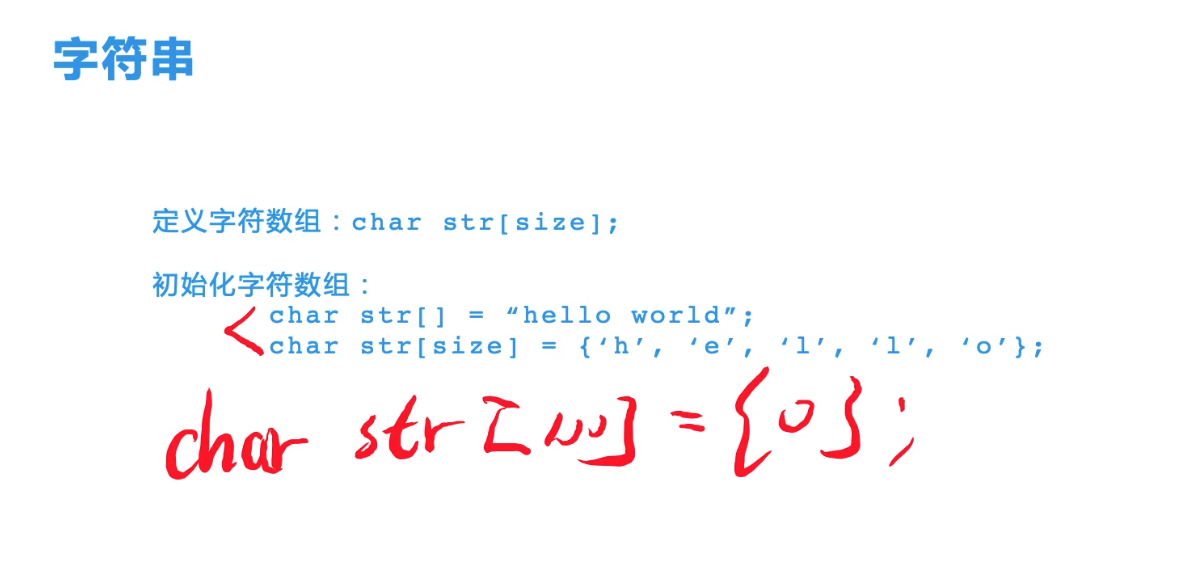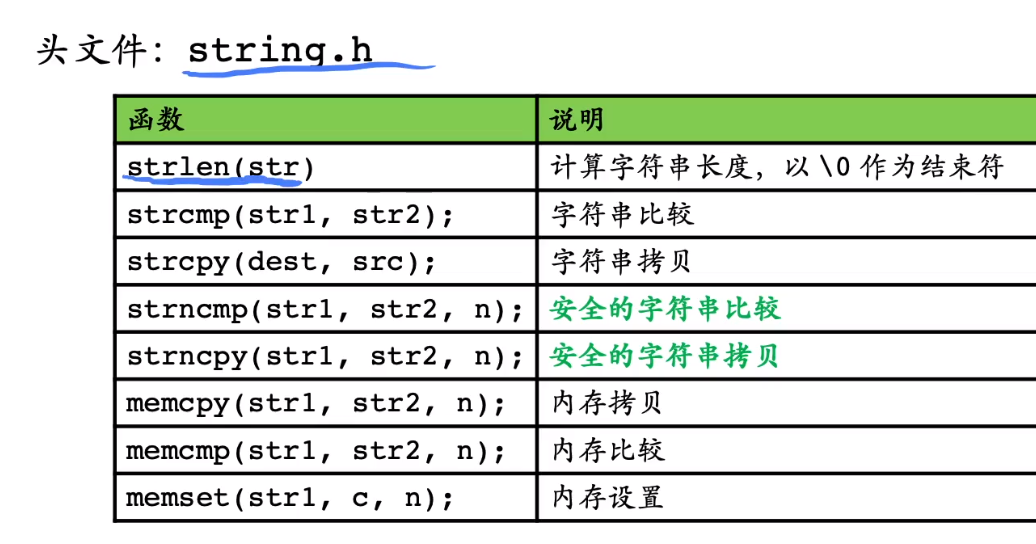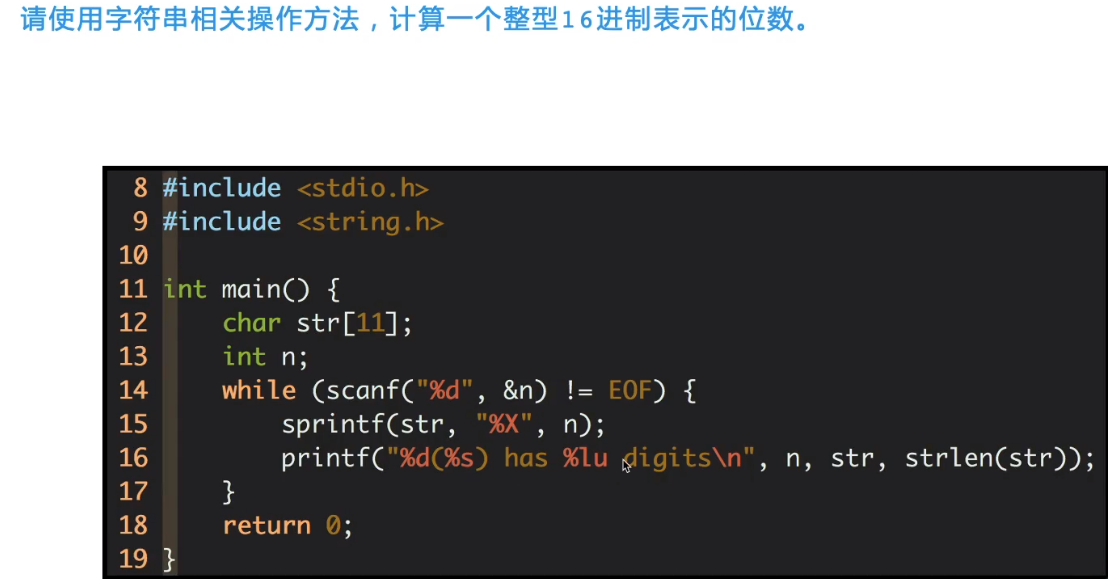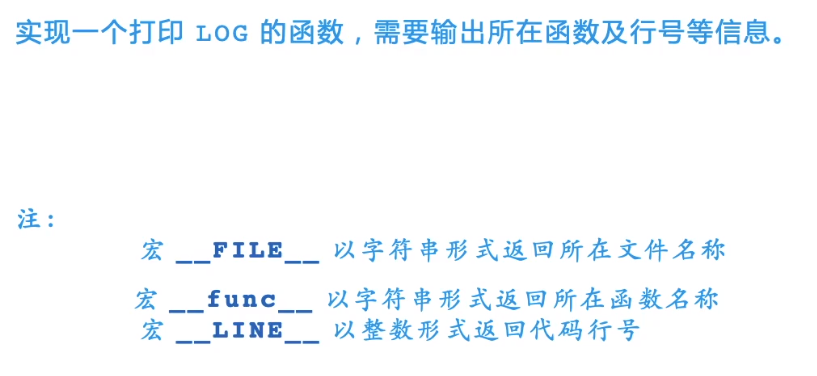c语言学习6---宏&&字符串
#include <stdio.h> // 两个井号连接字符串,避免agrs为空 // 条件式编译 gcc -D DEBUGGER #ifdef DEBUG #define log(frm, args...){\ printf("[%s : %s : %d]",__FILE__,__func__, __LINE__);\ printf(frm,##args);\ printf("\n");\ } #else #define log(frm,args...) #endif #define contact(a,b) a##b int main() { int a = 123, b=234,abc, def; int abcdef = 0; printf("[%s : %d] a = %d\n",__func__,__LINE__,a); contact(abc, def) = 1; log("%d",b) return 0; }
2.优于主函数执行的宏&&泛型宏
#include <stdio.h> // 优于主函数执行的宏__attribute__((constructor)) __attribute__((constructor)) void func() { int a = 2, b = 3; printf("func: %d + %d = %d", a, b, a + b); return; } // 泛型宏 #define TYPE(a) _Generic((a),\ int : "%d",\ double : "%.2lf",\ char * : "%s"\ ) int main() { int a = 123; double b = 3.24; char str[] = "hello world"; printf(TYPE(a),a); printf(TYPE(b), b); printf(TYPE(str), str); return 0; }
3.字符串


memset按字节设置






